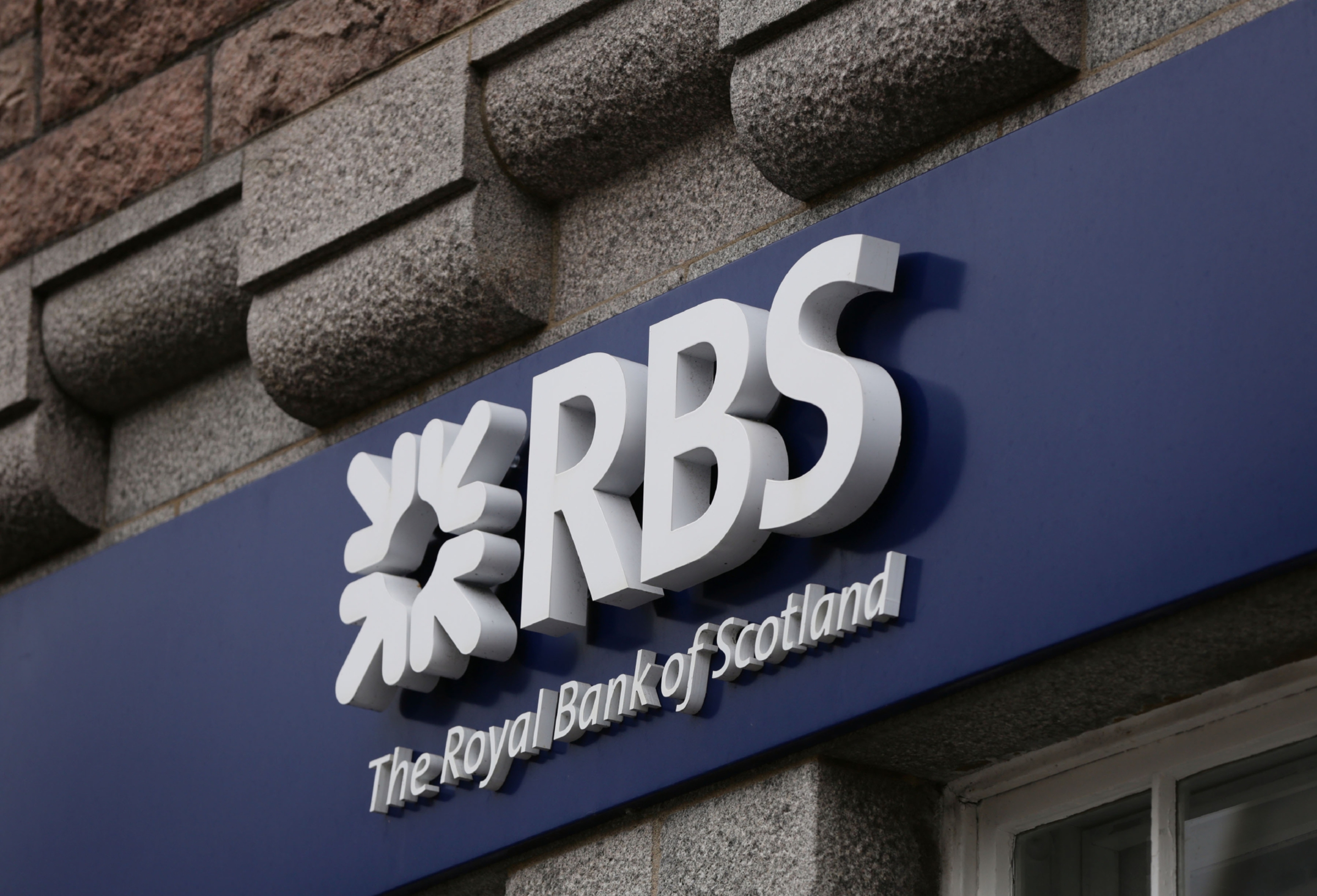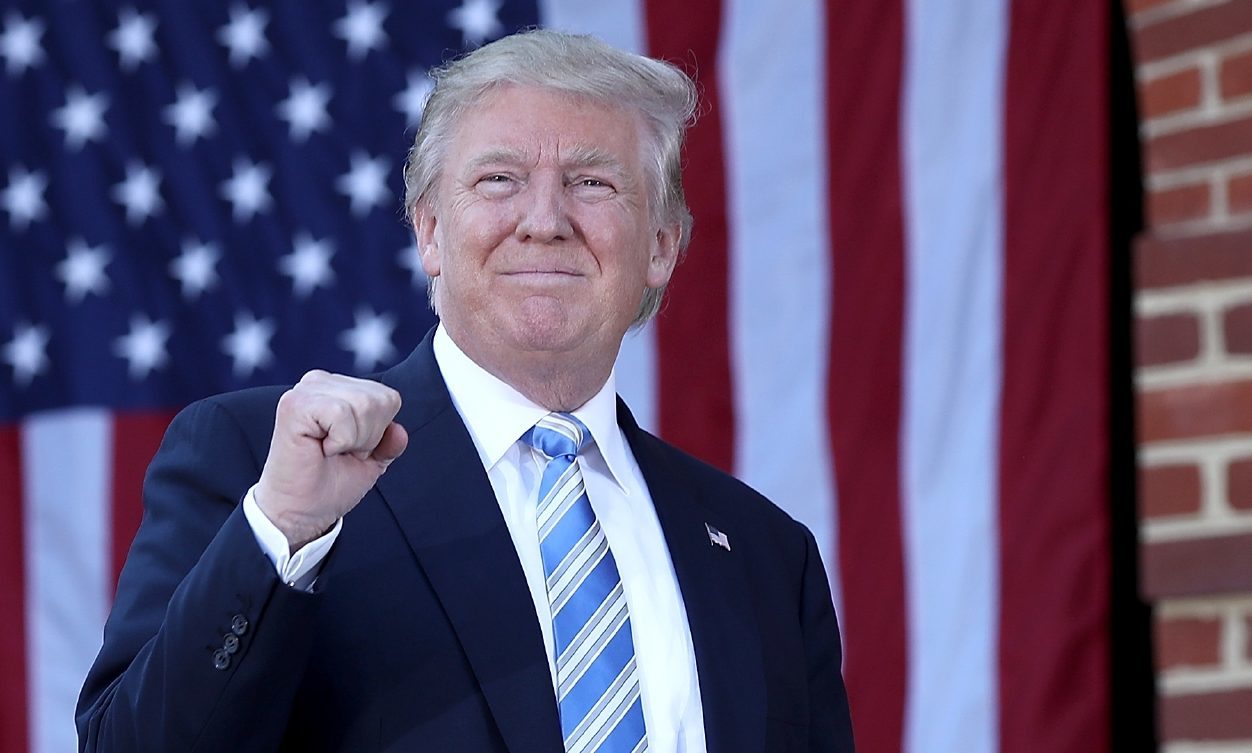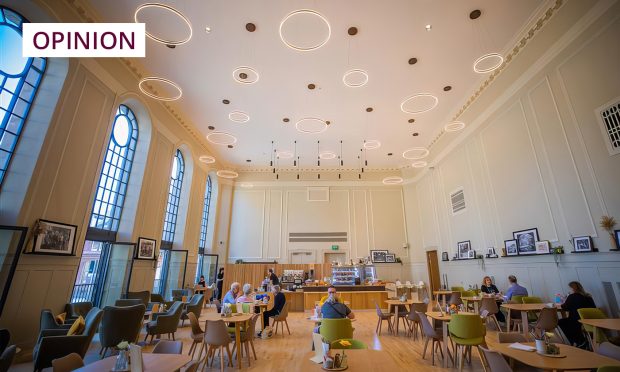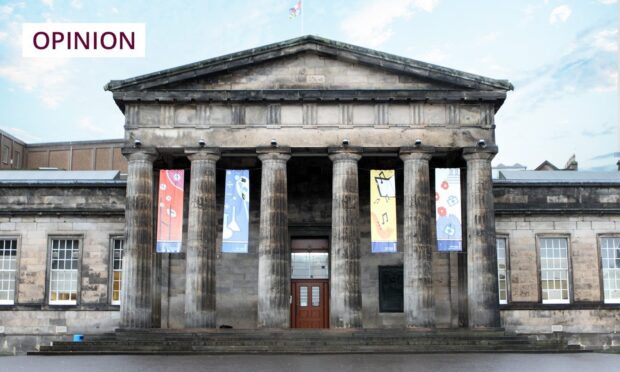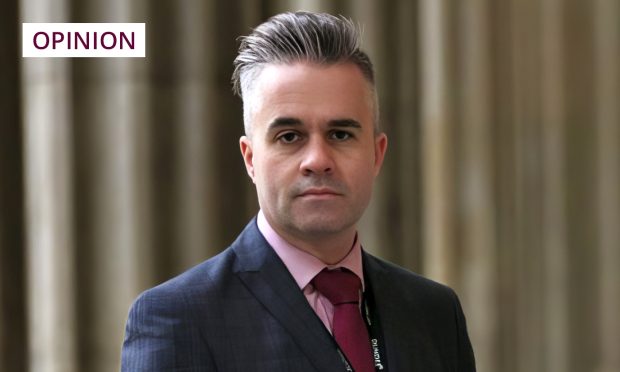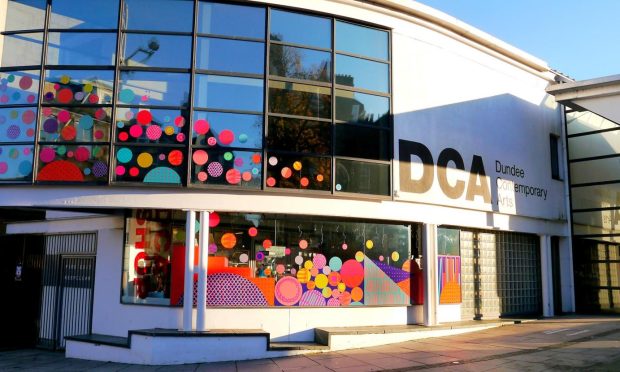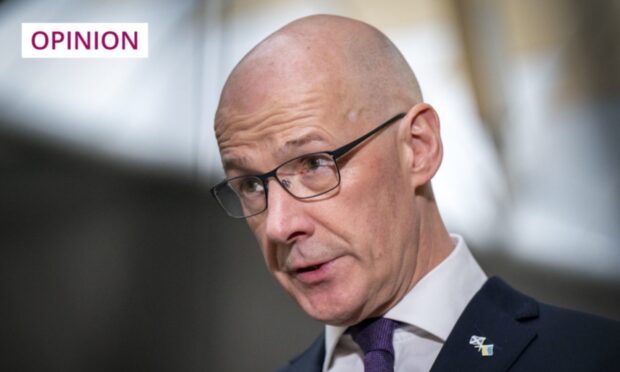It was meant to describe the new President-elect of America but it feels particularly appropriate for Brexit Britain.
Kudos to my cousin in any event, someone quite familiar with how large-scale finance works across countries given his job managing a huge project in Singapore, for coining the term “macho-economics”.
What does it mean? In short it highlights the absurdity of offering simple solutions to mighty difficult and multi-faceted problems.
The Don’s are obvious. From promising to create 25 million jobs over 10 years and double economic growth to 4%, which hasn’t been seen since the Bill Clinton presidency in the 1990s, to slapping a 35% tariff on Mexican imports and a 45% tariff on products from China.
No thoughts for the consequences, such as the potential economic collapse from implementing such policies.
Instead the electorate is simply presented with “bad guys” to blame for the very real problems which hurt them every day.
This handily brings us back to the reality of the UK leaving the European Union and how close to the mark the “project fear” arguments of the remain campaign were.
Obviously we don’t actually know the answer to that question given we are still in the EU with Article 50 yet to be triggered.
It is then that the proverbial will hit the fan but we do have some hints about how messy it will be.
Let’s take Sir Howard Davies’s television interview as an example.
Asked about whether or not banks will quit the UK and move to the likes of Ireland or mainland Europe if they are not given clarity over how Brexit will be negotiated, he said: “They are currently making contingency plans and once you’ve got a contingency plan – hey, there is a risk you might implement it one day.”
Yes, it’s a maybe. Yes, it’s the chairman of RBS saying this. Yes, this means he is one of the “elites” we all love to hate.
But is it not obvious he has a point? And is it not obvious that jobs would leave this country along with any financial services who decide they don’t want to stick around any longer?
Perhaps threats from the banking sector further demonstrate why people are so disillusioned with the idea of globalisation.
People have been left without a safety net and it is down in no small part to the attitudes and actions of companies such as RBS.
That does not mean we should scoff at potential unemployment.
Easy answers from demagogues help no one but those seeking power based on a tower of lies.
That’s simple macho-economics. Let’s see how tough they’re feeling when reality hits home.
